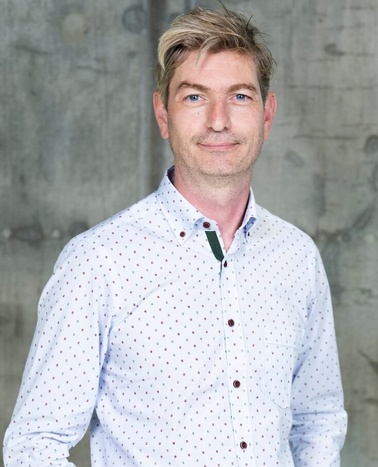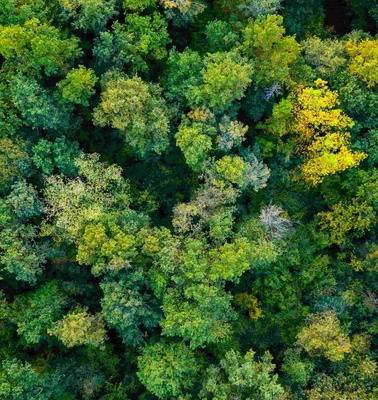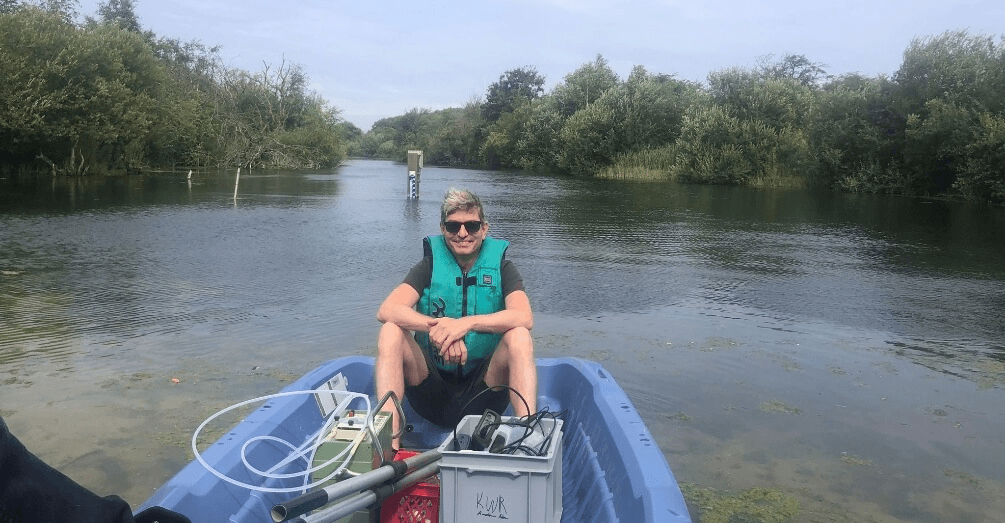
Peer Timmers
I was born and raised in the Netherlands, and my background is in microbiology, specifically water treatment. I’m motivated to raise awareness of the value of drinking water and how we shouldn’t take its presence and abundance for granted. My goals are to develop and optimize biological treatment processes—both for wastewater and drinking water treatment—and I strongly believe that a paradigm shift is needed for sustainable water treatment. We need to stop underestimating the power of (micro)biology!

"I strongly believe that a paradigm shift is needed for sustainable water treatment, where we stop underestimating the power of (micro)biology."
From trend to imperative: sustainability in the classroom
Peer Timmers’s entire career has seen him immersed in the world of water—he has worked as a microbiologist in the field of water treatment and management throughout his career. From his PhD in marine microbiology, to a post-doctorate undertaken at renowned water research institute Wetsus and the Dutch national water research institution KWR, Peer has accumulated an unmatched wealth of knowledge and experience in the subject.
Now, Peer is leveraging that experience to teach his students about water technology as part of the IE Impact initiative. It’s a task he describes as “a lot of fun,” but at the same time he finds it extremely rewarding to expand our understanding of the origin and value of the most precious of all resources. This is something that directly concerns everyone, as it is what Peer calls “a vital resource for life.”
Drinking water may seem like a very specific theme among the many concerns of environmental science, but that exemplifies Peer’s approach to sustainability as a subject. In the classroom, he tries to build awareness of the way that everything is interconnected, and the fact that anything we humans do affects our environment. The effects of small, everyday behaviors can be measured. This, in turn, highlights which changes we can make easily to become more sustainable.

That kind of holistic understanding evolves over time, and Peer has already seen new challenges emerge during his teaching career. On the positive side, he says the field of sustainability is progressing from being merely trendy to a “new dogma” that affects how we address everything in society. At the same time, he is observing the challenge of understanding how new technologies can be put to positive use in our lives, particularly in education. For now, he’s striking a balance by including AI in his methodology while still showing students the need to think for themselves.
This philosophy aligns nicely with the broader principles of the Bachelor in Environmental Sciences for Sustainability, which urges students to question the world from different perspectives in pursuit of opportunities for sustainable environmental change.
Check out in detail Peer Timmers's academic and corporate experience
Check out in detail Peer Timmers's academic and corporate experience
WANT TO KNOW MORE ABOUT THE BACHELOR IN ENVIRONMENTAL SCIENCES FOR SUSTAINABILITY PROGRAM?
WANT TO KNOW MORE ABOUT THE BACHELOR IN ENVIRONMENTAL SCIENCES FOR SUSTAINABILITY PROGRAM?